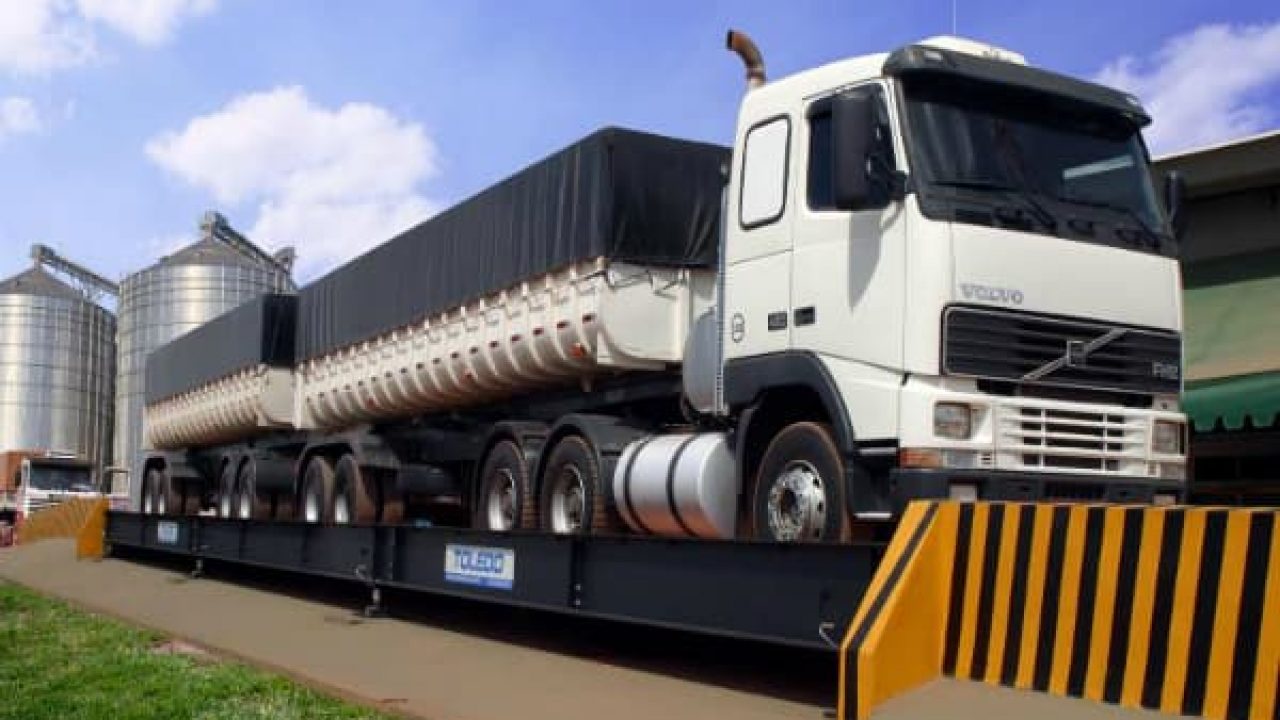
Certainly, here are the key points outlining the primary objectives and functions of truck scales:
Weighing Vehicles: The primary function of truck scales is to precisely determine the weight of trucks, containers, and other heavy-duty vehicles.
Load Verification: Truck scales ensure that vehicles are loaded within safe and legal weight limits, preventing overloading and potential damage to roads, bridges, and vehicles themselves.
Safety and Compliance: By enforcing weight limits, truck scales contribute to road safety by reducing the likelihood of collisions involving overburdened vehicles that may lose control or experience brake failure.
Axle Load Distribution: Truck scales assess the distribution of weight across vehicle axles, ensuring that individual axles and axle groups carry appropriate loads to prevent uneven wear on tires and roads.
Enforcement of Regulations: Truck scales play an essential role in the enforcement of weight regulations established by transportation authorities, preventing companies from exceeding weight limits and promoting fair competition.
Preventing Infrastructure Damage: Overloaded vehicles can cause significant damage to road surfaces, bridges, and other infrastructure. Truck scales help prevent this damage by ensuring compliance with weight limits.
Protection of Roads: By preventing excessive deterioration of roadways, truck scales contribute to extending their lifecycle and reducing transportation departments' maintenance costs.
Fair Trade Practices: Truck scales promote fair trade by ensuring that goods are accurately weighed and billed, preventing unfair advantages for companies that might otherwise underreport weights.
Data Collection: Numerous modern truck scales are outfitted with software systems that capture and store weight data that can be used for reporting, analysis, and future planning.
Regulatory Compliance: Trucking companies and operators must comply with weight regulations to avoid penalties and legal consequences. Truck scales help ensure adherence to these regulations.
Preventing Overloading: Not only are overloaded trucks hazardous, but they also consume more petroleum, which contributes to environmental contamination. Truck scales aid in reducing fuel usage and emissions.
Verification of Cargo: Truck scales help verify the weight of cargo being transported, preventing discrepancies between reported and actual weights.
Economic Efficiency: Efficient gauging processes at truck scales reduce driver delay periods, thereby enhancing the overall efficacy of the supply chain.
Accurate Billing: Truck scales enable accurate billing for transportation services based on the actual weight of goods transported.
Emergency Response: In emergency situations, such as hazardous material accidents, it is crucial for response planning to know the exact weight of a truck.
Trade and Commerce: For industries that buy and sell goods by weight, truck scales facilitate fair and accurate trade transactions.
Load Optimization: Truck scales assist drivers in optimizing their cargo for optimal efficiency while adhering to legal weight restrictions.
Preventing Tire and Brake Wear: Ensuring proper weight distribution prevents excessive wear on tires and brakes, leading to reduced maintenance costs for vehicle owners.
Preventing Vehicle Damage: Overloaded vehicles can experience structural damage and reduced lifespan. Truck scales help protect vehicles from premature wear and tear.
These bullet points succinctly capture the primary objectives and functions of truck scales in various aspects of transportation, safety, compliance, and economic activities.
